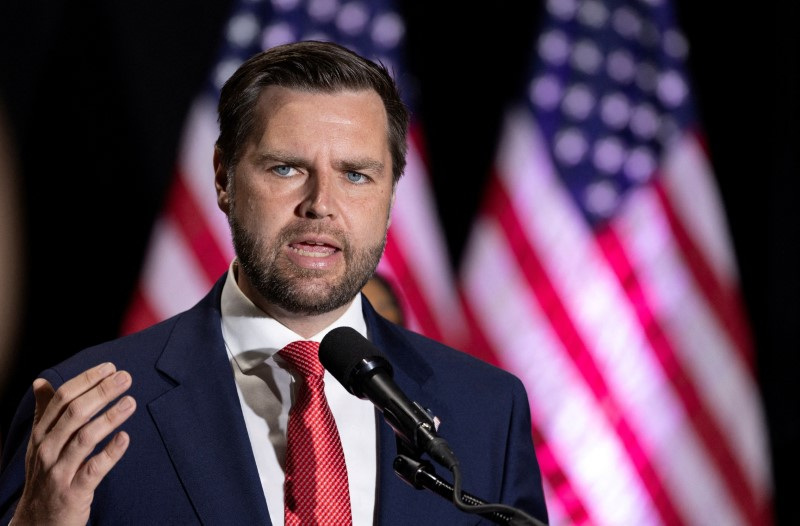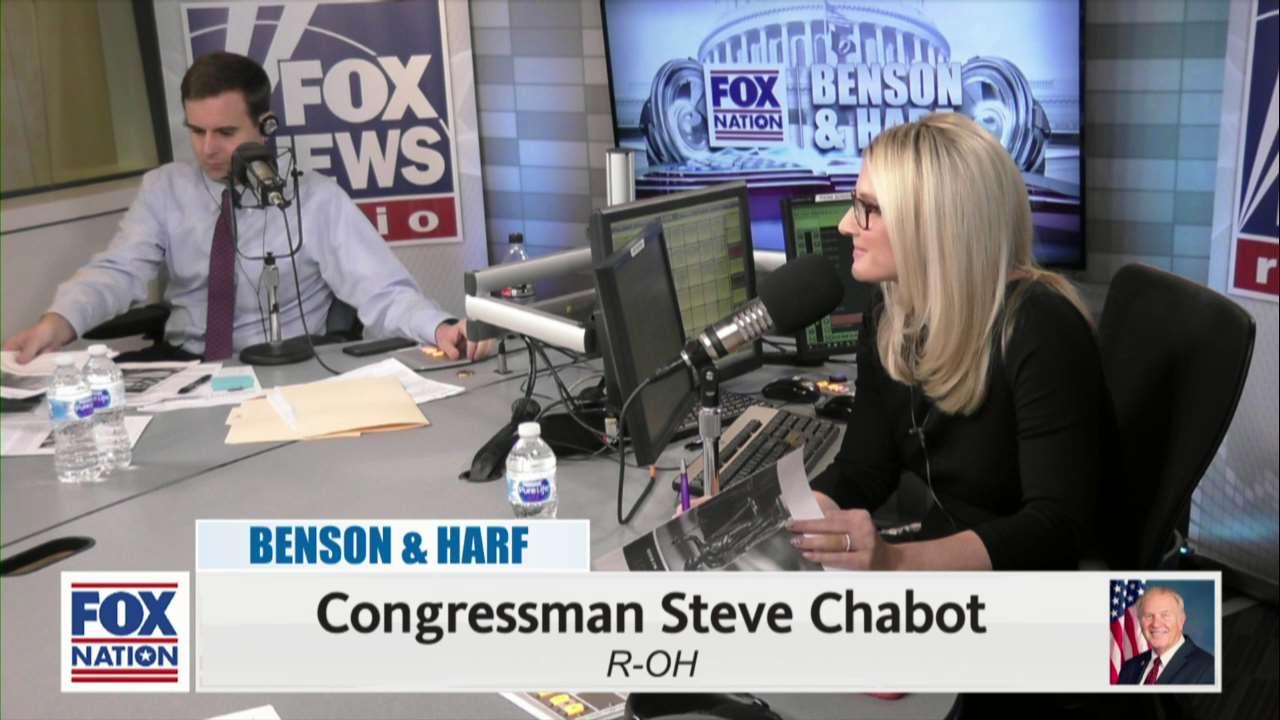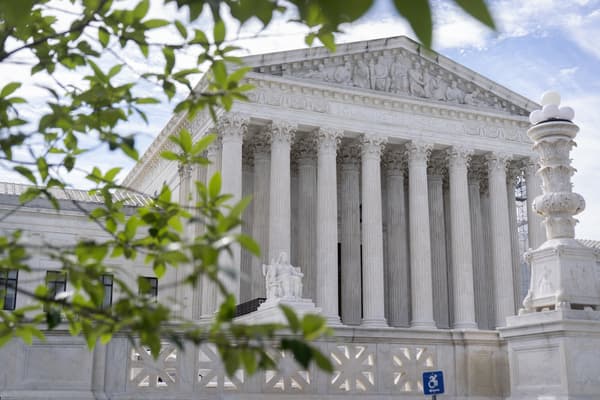The Supreme Court has agreed to hear a pivotal challenge that may dismantle longstanding limits on how much political parties can spend in coordination with federal candidates. This case, set against a backdrop of rising political spending and deepening corruption, raises terrifying questions about the integrity of our electoral system.
Background on Campaign Finance Laws
Since the Watergate scandal, the 1974 Federal Election Campaign Act has sought to curb the influence of money in politics, imposing strict limits on coordinated spending between political parties and candidates. These regulations aimed to restore public trust in democratic governance, ensuring that elections are not merely auctions for the highest bidder. However, recent litigation by Republican leaders, including Vice President JD Vance and former Congressman Steve Chabot, challenges the very foundation of these safeguards, arguing that such limits infringe upon their First Amendment rights.
Political Implications of the Case
As reported by The New York Times, the Supreme Court"s forthcoming decision could potentially unleash a tidal wave of unregulated spending in elections. This could empower political parties to pour millions into campaign advertisements without any meaningful oversight, effectively drowning out the voices of ordinary voters. The implications are staggering: a shift towards a system where only the wealthiest interests hold sway, further marginalizing already disenfranchised communities.

JD Vance backs presidential decision-making on Fed policies | Reuters
Analysis of the First Amendment Argument
The argument presented by the challengers hinges on a broad interpretation of the First Amendment, claiming that spending money is equivalent to free speech. Yet, this perspective fails to recognize the fundamental imbalance that unlimited spending creates in a democracy. As a former civil rights attorney, I can assert that the principle of equality in political expression is paramount. When the wealthy can spend without limits, the voices of marginalized groups are systematically silenced.
The Danger of Judicial Activism
This case exemplifies a dangerous trend of judicial activism, where courts are increasingly siding with corporate interests at the expense of public welfare. A ruling in favor of the plaintiffs would not only undermine the integrity of elections but also signal a retreat from the government’s responsibility to regulate campaign finance in order to protect democratic processes. As noted by The Washington Post, the stakes are incredibly high, with the potential to reshape electoral politics for generations.
Historical Context of Campaign Finance Reform
The challenge to these campaign finance regulations is not merely a legal issue; it is a reflection of a broader struggle for civil rights and social justice. Historical movements have fought hard for reforms that promote equitable participation in the democratic process. From the suffragists in the early 20th century to the civil rights movement of the 1960s, activists have recognized that the voice of the people must not be drowned out by the wealth of a few. Allowing political parties to spend without limits would be a regression to a pre-reform era, where money equated to power and participation was effectively barred for the marginalized.

Congressman Steve Chabot | Fox News Video
Conclusion on the Future of Democracy
The impending Supreme Court decision will not only affect the future of campaign finance but may redefine the very essence of democratic governance in the United States. The outcome will reveal whether the judiciary prioritizes the interests of the few over the rights of the many. As we stand on the brink of this critical ruling, it is essential to recognize the broader implications for civil rights, social justice, and the health of our democracy.




![[Video] Putin ready to refrain from deep strikes in Ukraine during elections](/_next/image?url=%2Fapi%2Fimage%2Fthumbnails%2Fthumbnail-1766158260919-wednc8-thumbnail.jpg&w=3840&q=75)


![[Video] Gunfire between Iraqi security forces and Sadr militias in Baghdad](/_next/image?url=%2Fapi%2Fimage%2Fthumbnails%2Fthumbnail-1768343508874-4redb-thumbnail.jpg&w=3840&q=75)
